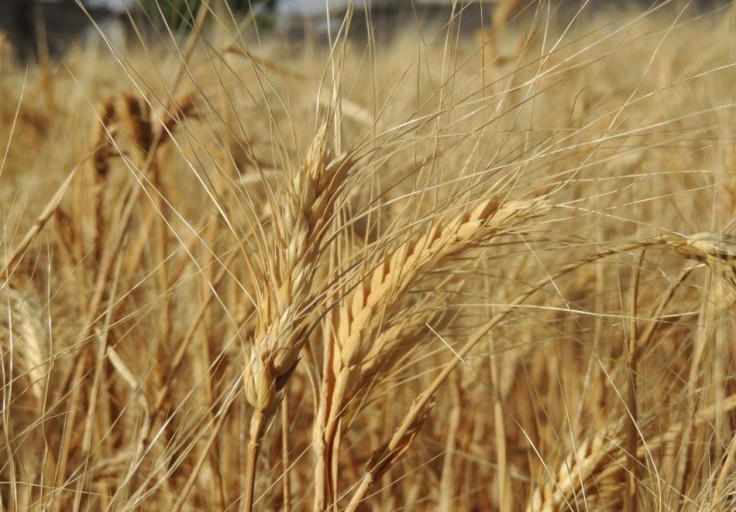Issues on Grains Supply-Demand Force Canada to Review Transport Laws

Faced with a dilemma of possible delayed shipments of grain by rail this spring, Canada has been forced to review its existing transportation laws a year ahead of schedule.
Lisa Raitt, federal Transport Minister, said in a statement that the review will be conducted a year earlier than required "to address a range of changing conditions and challenges, including those related to the transportation of grain in the Prairies."
She also noted plans of transporting grain by rail. Companies had complained rail operators prioritise other, more lucrative shipments such as oil.
"Virtually everything we produce here is exported and the vast majority is moved by rail," the WSJ quoted Norm Hall, president of the Agricultural Producers Association of Saskatchewan.
Canada's transportation system includes more than 28,300 miles of track, 240 ports and harbors, and 300 airports. This transportation system supported the export of approximately $471.4 billion in Canadian merchandise in 2013.
"This review comes at a critical time when we need - more than ever - a safe, efficient and clean transportation system to move goods and people, and help Canadian businesses seize new opportunities and continue to compete internationally," Raitt said. "We need to create the right conditions for a system that has the capacity and flexibility to respond to global and domestic demands."
She added that the review will also examine improvements on a possible number of areas, including: "strategic transportation gateways and corridors; Canada's transportation safety and environmental regimes; the role of technological innovation in improving transportation services and infrastructure; the safe movement of goods through communities; support for the northern transportation system; federally regulated passenger rail services; the vitality of our aviation sector and air connectivity; and governance and service delivery for key federal operations, assets, and agencies."
"The Canadian railway industry is anxious to participate in this review," Michael Bourque, Railway Association of Canada President and Chief Executive Officer, said. "It will allow us to foster a greater understanding of rail's significant capacity and its positive role in both export and domestic supply chains."
The federal government will be requiring the rail sector throughout the review process to provide input to improve Canada's transportation system.
The rail industry will highlight the importance of supply chain collaboration, network capacity investments, and winter weather's impact on rail technologies and service reliability, Bourque said.





















